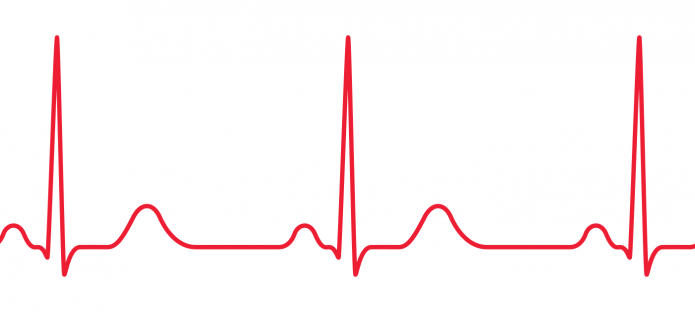
Sudden cardiac arrest can happen to anyone, at any time. It can happen to elite footballers, such as Danish international Christian Eriksen, and it can also happen to someone having a weekly kick-about in the gym. No matter who they happen to, and which type of pitch they happen to be on, there’s one thing that’s certain – quick CPR and defibrillation can be the difference between life and death.
Paul Bailey had his sudden cardiac arrest while playing football at Park Lane Academy Sports Hall in Halifax in January 2019. The otherwise healthy 54 year old scored a goal and then collapsed. His heart stopped pumping blood around his body and his brain was starved of oxygen, which caused him to fall unconscious and stop breathing.
He would have died, were it not for the quick intervention from those around him.
Teammates Graham Murphy (a Senior Nurse) and Graham Marvell (a Respiratory Nurse Specialist) knew what to do in an emergency. The two Calderdale Royal Hospital employees immediately began to provide cardiopulmonary resuscitation (CPR) and used the sports hall’s defibrillator to deliver a high-energy shock to restart his heart. Because of their quick and decisive actions, Paul is alive today.
Every minute without CPR and defibrillation reduces the chance of survival by up to 10%.
Watch Paul’s story to see how his football teammates pulled together to save his life.
If someone around you has a sudden cardiac arrest, it’s time to act quickly.
- If a person is unresponsive, with absent or abnormal breathing, call 999.
- The ambulance call handler will assist you with instructions for confirming cardiac arrest, starting compression-only CPR, and locating, retrieving, and using an Automated External Defibrillator (AED).
- Start chest compressions as soon as possible and continue without stopping or leaving the person. Push hard and fast, at a depth of 5-6cm, and two times per second. Get someone to help you if you can.
- Send someone to fetch an AED and bring it to the scene of the cardiac arrest.
- Turn the AED on and follow the directions. It will tell you if a shock is needed.
Dr Andrew Lockey, Resuscitation Council UK Vice-President and Calderdale Royal Hospital Consultant in Emergency Medicine said “Paul’s story emphasises the importance, not only of swift onset CPR, but also having the awareness to ask for - and use - a public access defibrillator. By putting these principles into action, Paul was awake and talking even before the ambulance arrived. By having a defibrillator available, Park Lane Academy has also contributed to this success.”
In the UK there are over 30,000 cardiac arrests a year outside of hospital where the emergency medical services attempt to resuscitate the victim. Fewer than 1 in 10 people will survive. The chance of survival from out-of-hospital cardiac arrest can be increased significantly by the immediate provision of bystander CPR and defibrillation within 3–5 min can produce survival rates as high as 50%–70%.

